Description
Calodendrum capense by Clemenz Heinrich Wehdemann printed on a T-Shirt
About the T-Shirt
Regular fit
Standard length, the fabric easily gives into movement
Casual wear
A classic, everyday option loved by our customers
Side-seamed
Constructed by sewing two parts together, creating a fitted look
The Unisex Staple T-Shirt feels soft and light with just the right amount of stretch. It’s comfortable and flattering for all. We can’t compliment this shirt enough–it’s one of our crowd favorites, and it’s sure to be your next favorite too!
- Solid colors are 100% Airlume combed and ring-spun cotton
- Ash color is 99% combed and ring-spun cotton, 1% polyester
- Heather colors are 52% combed and ring-spun cotton, 48% polyester
- Athletic and Black Heather are 90% combed and ring-spun cotton, 10% polyester
- Heather Prism colors are 99% combed and ring-spun cotton, 1% polyester
- Fabric weight: 4.2 oz./yd.² (142 g/m²)
- Pre-shrunk fabric
- 30 singles
- Side-seamed construction
- Tear-away label
- Shoulder-to-shoulder taping
- Blank product sourced from Nicaragua, Mexico, Honduras, or the US
Clemenz Heinrich Wehdemann (1762 – 1835)
Clemenz Heinrich Wehdemann, a German soldier, artist and naturalist arrived in the Cape Colony in the service of the Dutch East India Company in 1784, and was probably a member of the Württemberg Regiment. Wehdemann was the son of a church minister and enjoyed a sound education.
During the British occupation (1795-1803) he gave drawing classes, and with the Dutch reoccupation (1803-1806) he re-entered army service. With the British reoccupation of the Cape, he settled at Plettenberg Bay in the Eastern Cape, collecting botanical specimens for Joseph Mackrill (1762-1820), a practitioner with a special interest in medicinal plants. Mackrill established a garden and trial ground for crops in Somerset East, occasionally sending herbarium material to the British Museum.
Wehdemanne developed an interest in indigenous trees and produced a number of sets of annotated paintings, some of species new to science. Two of these ended up in the libraries of the Natural History Museum and the Royal Botanic Gardens, Kew, one with the National Botanical Institute in Pretoria and one with the Parliamentary Library in Cape Town. In addition to these he prepared hinged, book-like boxes, the wood and bark forming the box, and its contents, all being from the same tree species; the contents consisting of fruit and seeds, pressed leaves and flowers, together with drawings or paintings and a description. Similar boxes were to be found only in Japan and Europe.
Wehdemann died destitute on the Baviaans River farm “Lichtenstein” belonging to his friend, Ludwig Krebs, the noted Prussian collector. He was commemorated in Ichthyosma wehdemanni Schltdl. in the Balanophoraceae, which turned out to be a synonym of Sarcophyte sanguinea Sparrm.

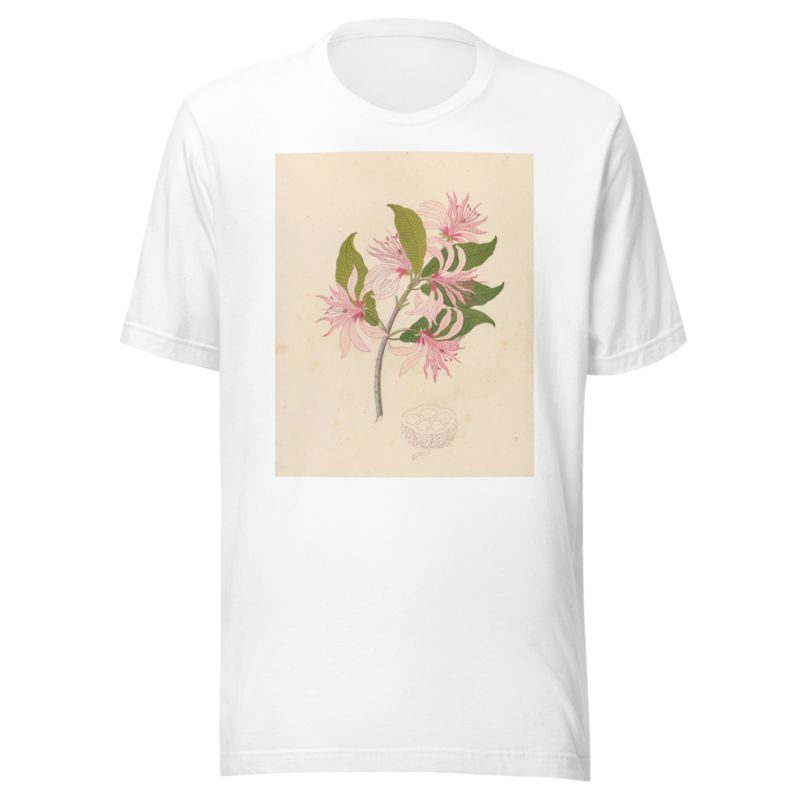
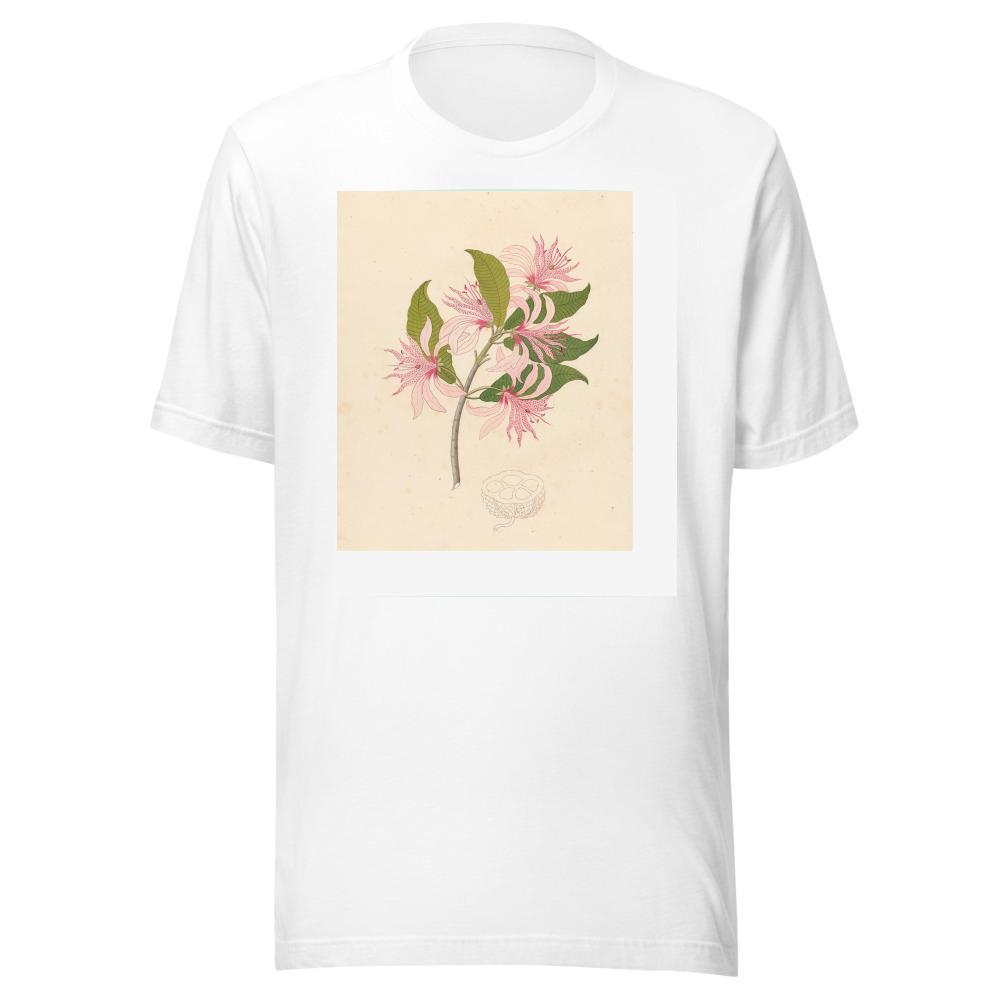
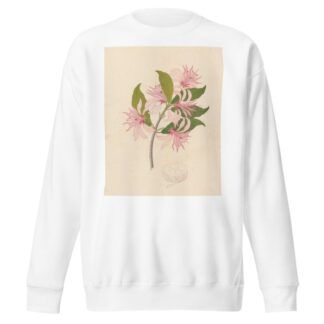
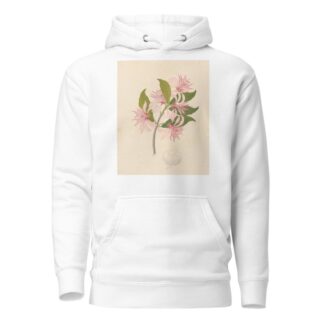
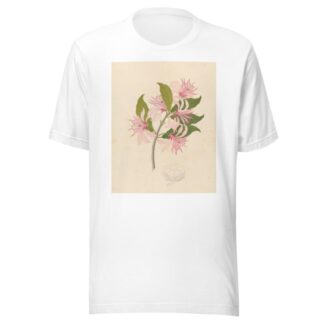
Reviews
There are no reviews yet.